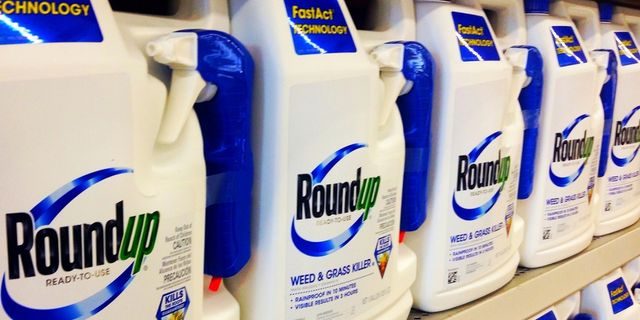 [Beyond Pesticides, November 8, 2022] Glyphosate weed killers induce antibiotic resistance in deadly hospital-acquired bacteria, according to a new study published late last month in the journal Scientific Reports. This is the latest finding connecting commonly used herbicides to the rise of antibiotic resistant bacteria, with prior research showing glyphosate, 2,4-D, and dicamba able to create resistance in Salmonella and E. coli. While federal regulatory agencies continue ignore the role of pesticides in the development of antibiotic resistance, it is critical for states and localities to take action to protect their most vulnerable both from toxic exposure to these herbicides and the multitude of indirect effects caused by their use. This is all happening as antibiotic resistance is rising to dangerously high levels in all parts of the world, according to the World Health Organisation.
[Beyond Pesticides, November 8, 2022] Glyphosate weed killers induce antibiotic resistance in deadly hospital-acquired bacteria, according to a new study published late last month in the journal Scientific Reports. This is the latest finding connecting commonly used herbicides to the rise of antibiotic resistant bacteria, with prior research showing glyphosate, 2,4-D, and dicamba able to create resistance in Salmonella and E. coli. While federal regulatory agencies continue ignore the role of pesticides in the development of antibiotic resistance, it is critical for states and localities to take action to protect their most vulnerable both from toxic exposure to these herbicides and the multitude of indirect effects caused by their use. This is all happening as antibiotic resistance is rising to dangerously high levels in all parts of the world, according to the World Health Organisation.